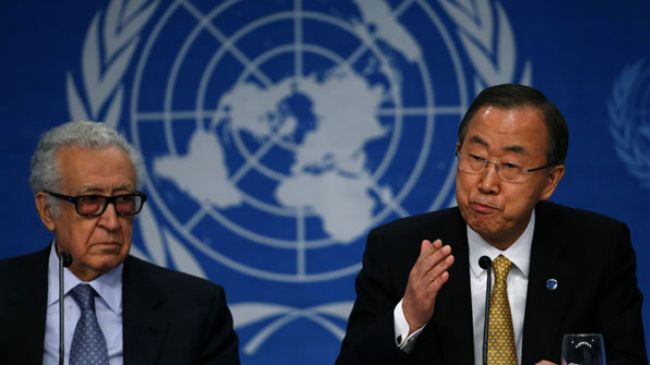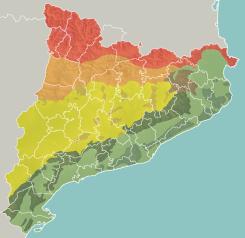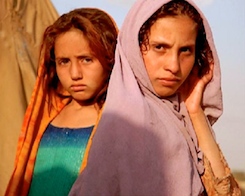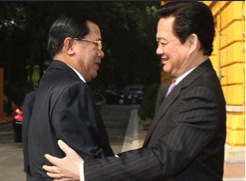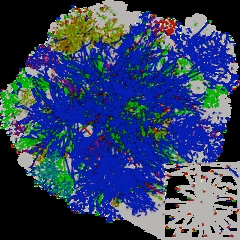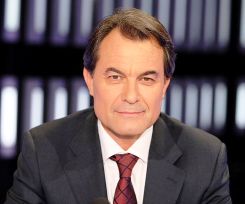By Hossein Valeh* | IDN-InDepth NewsAnalysis
TEHRAN (IDN) – Saudi Arabia is the name of both a society and a government. In fact, it stands for a very traditional, closed, and semi-tribal society, which is prone to very profound and increasing conflicts while being impregnated with a host of potential changes. The existing conflicts can be divided into three major categories:
1. Cultural conflicts: This group contains those conflicts, which are mostly pivoted around the two main axes of religious bigotry as opposed to religious liberalism. The outcome of such conflicts is emergence or religious divides in the society;
2. Economic conflicts: Such conflicts usually exist between the poor and the affluent classes in any society and, in turn, have their root in the divide that exists between the ruling elite and people as a result of which certain social classes are marginalized; and
3. Political conflicts: These conflicts are usually due to an ongoing competition for grasping more power within the political structure of the country. In fact, their main cause is the power struggle, which has been institutionalized within a profoundly traditional and very old patriarchal system of government which makes up the petrified organization of Saudi monarchy.

